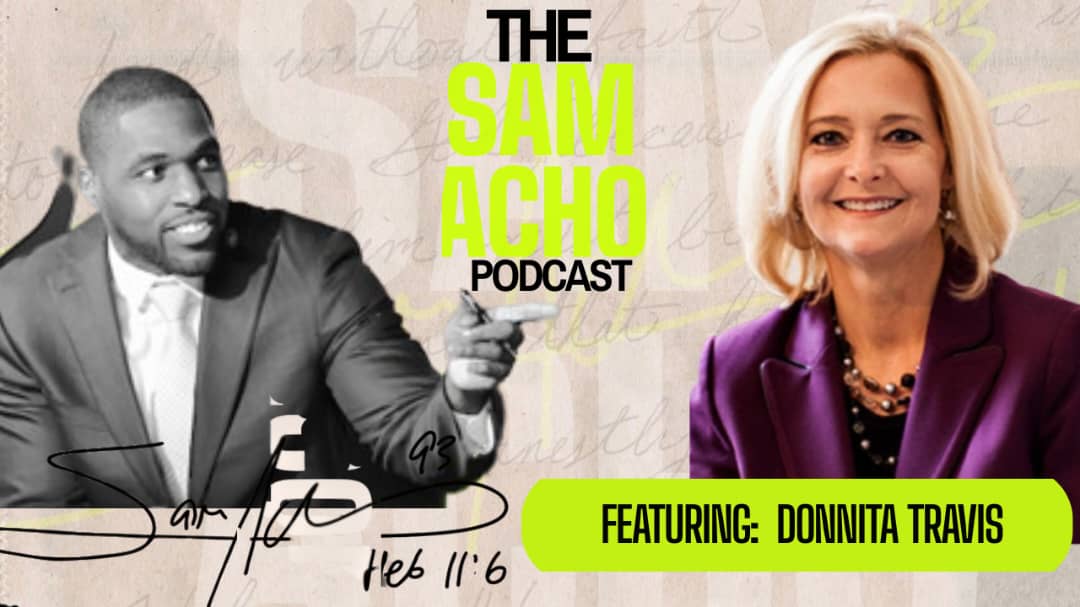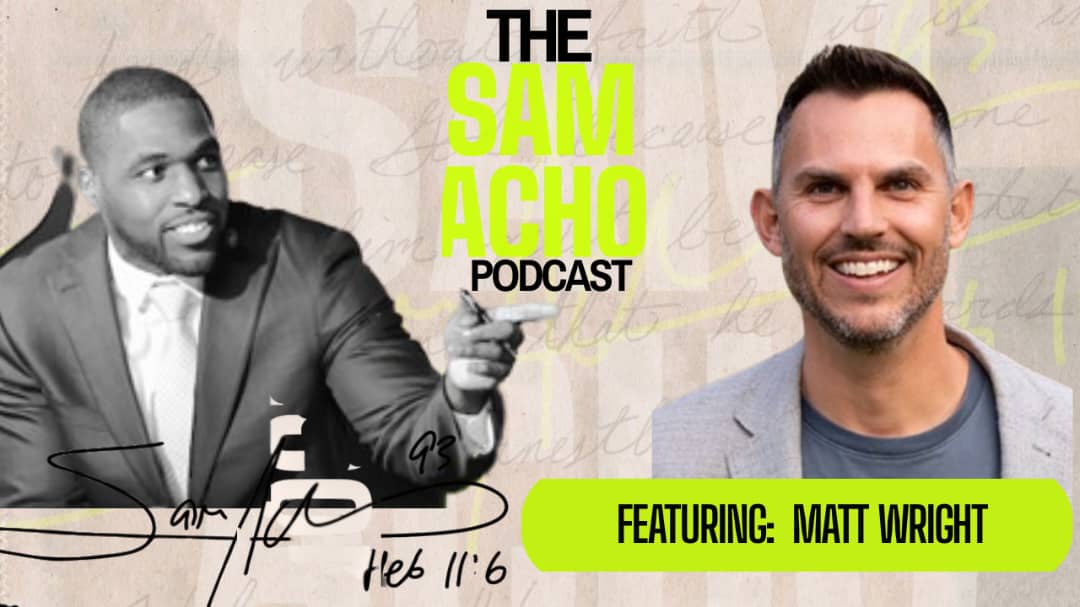Protecting Our Kids Online: Fighting for What Matters Most

Facing reality: The hidden risks of childhood in a digital age
For parents today, the internet poses challenges that are as real as they are overwhelming. What once felt like a tool for discovery has become, in many ways, a place where kids encounter danger at every turn—often before any adult knows what’s happened. Tim Estes has seen this landscape from all angles. As a leader in artificial intelligence, Tim spent years hunting down the worst actors online. He worked with banks to track fraud and with law enforcement and groups like Thorn to help expose the roots of online child exploitation.
The numbers and stories are sobering. “You could get to somebody’s ad and call their pimp two clicks from Google.” Tim is clear—children as young as ten or twelve have been sold, openly, through online ads. Before becoming a father himself, these horrific realities shaped his work and sense of responsibility. But parenthood brought those dangers closer to home. The experience of watching his own two sons grow up in the “big bad world” of the internet gave new urgency to his mission.
Tim shares another gut-wrenching example: Nyla Anderson, a bright, multilingual ten-year-old, saw a video labeled the “blackout challenge” after an algorithm recommended it to her—she had never searched for it herself. Nyla tried to copy what she saw and died as a result. This tragedy highlights the random and often dangerous nature of algorithm-driven recommendations. Like so many parents, Tim could not look away. “It hits you. This could be my nine-year-old boy,” he reflects. We all share that protective instinct. God gives us empathy for a reason—so we care for our children, and the suffering of others breaks through our own comfort and routines.
There’s nothing abstract about these risks. The threats come not just from predators but from the very platforms built to capture attention. Tim notes how technology, once designed to help us, has shifted toward manipulating the brain—using “digital narcotics” such as autoplay, endless scroll, and engineered unpredictability to lock kids into hours of passive engagement. The science behind these tricks is clear. Every parent knows the glazed look, the friction and drama when screens get put away, and the struggle to pull kids back into real, embodied relationships where true connection happens.
These platforms are intentionally designed to keep children hooked, not just for minutes but hours. And while we might like to believe the solution is simply more vigilance or stricter limits, Tim reminds us that the system itself is the problem. “In what universe is it healthy for kids to be looking at a screen eight hours a day? That’s not childhood.” True relationship requires presence and touch—things virtual space can never offer.
A new path: Why AngelQ was built and what sets it apart
Faced with these realities, Tim decided to do more than lament. He took every hard lesson from his previous career and built Angel Q—a company and product with no ambiguity about its goals. His resolve is anchored in conviction: “Not in my country, do something about it.” He built a team rooted in trust, experience, and a willingness to tackle Goliath-sized problems.
The team behind AngelQ worked tirelessly, often battling skepticism from investors who found more profit in the old models. But mission-led partners, willing to invest out of love and conviction, came on board. Tim’s leadership was simple and unwavering: keep the mission at the center, and measure every decision by what is best for kids and the families who love them.
What sets AngelQ apart is more than technology. Tim built AngelQ with these principles: no chasing clicks, no selling data, no manipulation. The app is designed as a protective guide for kids ages five to twelve. It creates a space where children can safely ask questions, be curious, and search for information without the risks that define so much of today’s online experience. The AI supports exploration, but always puts well-being first—it avoids addictive tricks, blocks harmful content, and limits session time so kids can return to real, offline relationships.
For parents, AngelQ provides both peace of mind and practical insight. Sam Acho’s own experience makes this clear: “The best part about Angel for me so far has been the parent involvement. The technology within the app…lets you know a little bit of what your child has been searching. For me, it provided another tool to help raise and train my children, and to get some insight into what the world may be trying to tell them.” The Angel Insights report brings parents and their kids closer together by sharing what their children are curious about and encouraging conversation. When Sam noticed his son had searched, “How do I get smart?,” it gave him a prompt to check in, guide, and affirm his child’s identity before outside voices could shape it.
AngelQ is not designed to replace parenting; it is built to strengthen it. This work matters even more for neurodiverse children, who, as Tim explains, are especially vulnerable to the patterns of addiction built into most mainstream platforms. For families like his own, where his son Angel sometimes needs a little extra support, having a tool that truly cares makes all the difference. The intentional design of AngelQ provides a breath of fresh air in the midst of a digital landscape filled with manipulation.
Courage, limits, and hope: The role of parents in the fight
Even the smartest AI can’t do it alone. AngelQ’s value is only realized when parents step in and play their role with courage. Tim is honest—building healthy digital habits requires resolve and partnership. “I want a world where they're on a screen 20 minutes a day…because that’s what it takes to talk to their AI and their AI does all this stuff for them and comes back and actually values human time.” Technology can and should be an ally, but real life is lived off-screen.
But the digital economy is not designed for health. Tim’s position is unambiguous: companies like Meta, in his view, have built their empires on digital addiction. He calls them “digital narcotics companies”—businesses that profit from making children spend more and more time online. Unlike gaming platforms, which introduced age verification and real controls years ago, social platforms chose frictionless access because children are incredibly valuable users. It’s a system that resists reform because changing it would cost billions—and that’s a risk these companies don’t want to take.
The stakes couldn't be higher. Stories like Gavin Guffey’s—a child lost to the dangers of social technology and predatory schemes—are reminders that peer pressure or popularity is no match for a parent’s responsibility. Clif Marshall is honest about the pressure parents feel: “The kids that my daughter goes to school with, they all have Snap, they all have Instagram, they all have TikTok.” The promise to say “yes” just for convenience, or to keep the peace, is tempting but can lead to heartache and regret.
For Tim, and for every parent willing to engage, the answer is courage. That means sometimes taking on a child’s disappointment, saying no, and trusting that love—not approval—is the real foundation of protection. “We're here to give them a fruitful life and protect them along the way. And even more fully, teach them how to get wisdom to protect themselves. Because we won’t always be there.”
The approach AngelQ takes isn’t just about saying no to harmful technology; it’s about saying yes to better parenting. Saying yes to conversations, transparency, and tools that genuinely support growth, curiosity, and healthy boundaries. It’s about parents knowing that they aren’t alone in the fight, that there are resources like AngelQ designed with family at the forefront.
Reclaiming childhood, one courageous decision at a time
AngelQ represents a new standard—not just another app, but a statement of values. It places children’s safety and wellness above profit and attention. It hands parents a new set of tools and points us all back to the deepest truths: family, faith, and the enduring power of human connection.
The fight for childhood is a choice. Every day, parents have the power to reject what’s broken, embrace wisdom, and lead with conviction. When you do, you are not just protecting your child—you are helping rebuild a world where kids can grow with hope, joy, and purpose. Don’t let the world steal what matters most. Fight for your family, lean into community, and don’t be afraid to lead with courage and love.
In the midst of this journey, parents must remember that change doesn’t happen overnight. It requires persistence, patience, and unwavering commitment. But with every boundary set, every intentional conversation, and every tool embraced, parents are contributing to a movement that prioritizes what’s truly important. Parents have the chance to teach their children to live with intention and purpose, not falling prey to the digital void. AngelQ stands ready to be a partner in this journey, ensuring our children’s online experiences are safe, enriching, and truly connected to the life beyond their screens.
Listen, Learn, explore
Join Sam’s Journey Today.
Stay up to date with what sam acho is getting up to, his thoughts, new projects, and words of wisdom.





.png)

